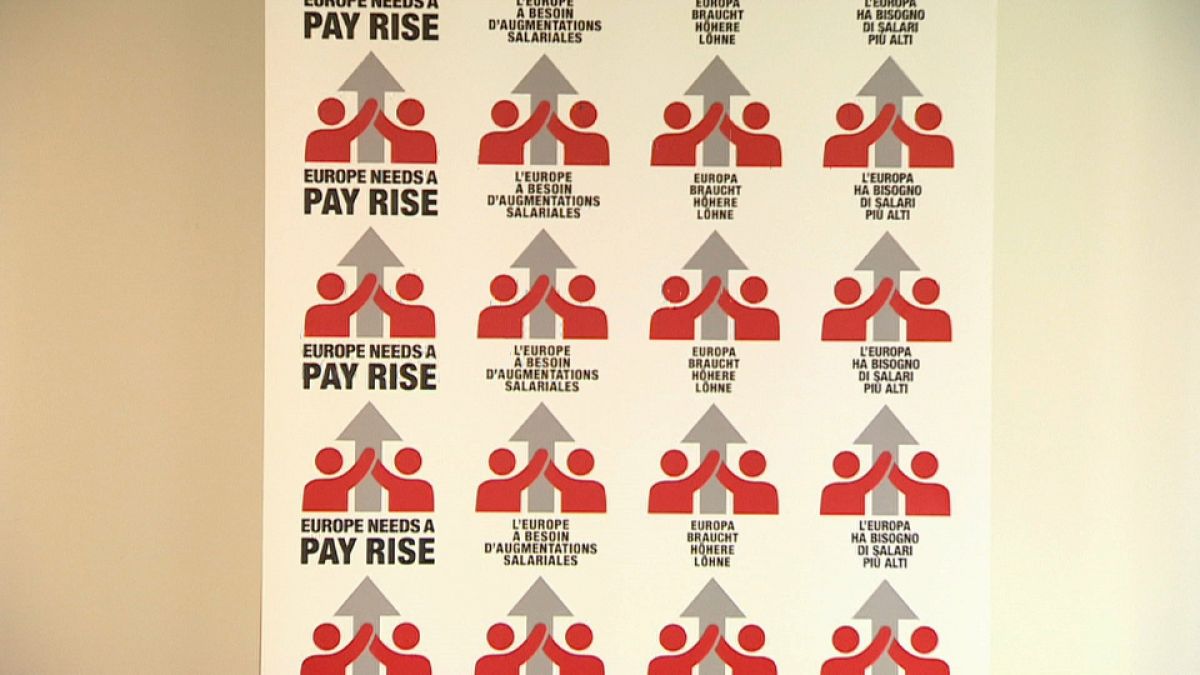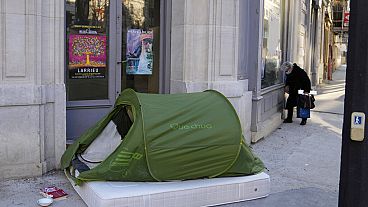The EU may be enjoying its longest period of sustained economic health, but pay for most of its workers is lagging behind profits says report.
Martin Todd is a communication professional and has worked for 10 years in Brussels as a freelancer.
He writes press releases and teaches at the university. Over the last 3 years, his income has decreased.
It is more difficult for him to get long-term contracts and the fees when he does have gone down.
"I think some fees have remained the same, but it is definitively noticeable that clients and potential clients are pushing for lower fees. I would say that pushing for fees that are lower by 10 to 15%, which is not a small thing," he says.
His case is not unique and responds to a trend seen in various countries in the European Union.
According to a study carried out by the European Trade Union Institute, (ETUI), 2017 salaries in nine EU member states were lower than those of 2010 .
Leading the pack is Greece, followed by Cyprus and Portugal.
The unions denounce the fact that the workers are not benefiting from the economic recovery.
"For a lot of workers in Europe they are seeing no sign whatsoever of the recovery. In fact for some workers they are earning even less than before the crisis as much as ten percent less, so very far from the rising tide lifting all boats it is only raising luxury yachts its not lifting ordinary working people at all," says the Confederal Secretary at the European Trade Union Confederation, Esther Lynch.
In Lynch's opinion, in order to avoid just a handful of people benefitting from the recovery, action should be taken to increase ordinary workers' wages and avoid further increases in the wage gap.



